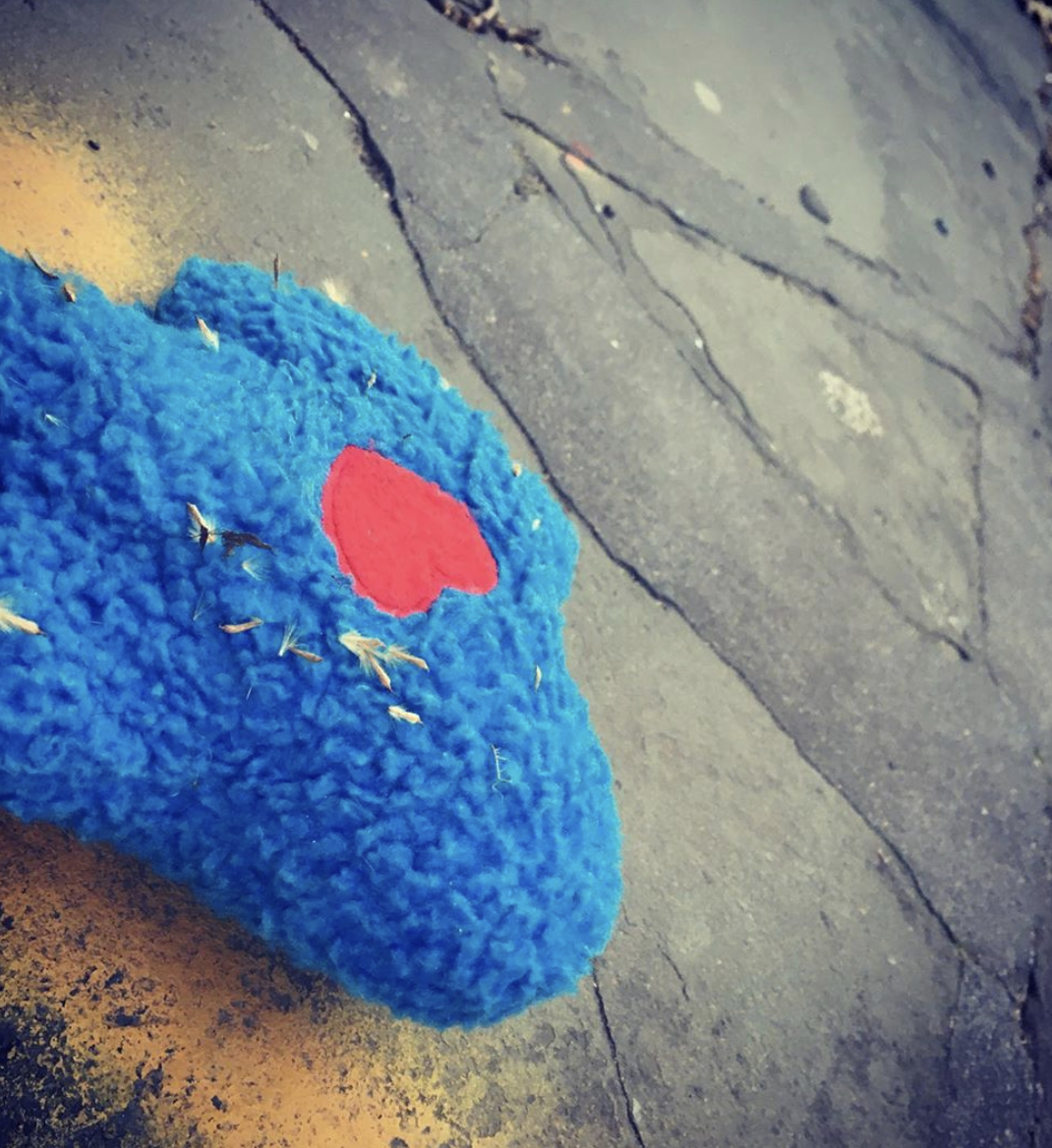
Some people refuse to go along with anything they don’t believe in.
They are constitutionally unwilling to compromise, and will not negotiate their moral integrity under any circumstance.
This is a noble and admirable trait. These people should one hundred percent be congratulated on having, meeting and holding their own high standards.
But this also does not mean compromise is an unforgivable flaw of character.
Quite the opposite, in fact. Compromise can be a credible pathway to fulfillment.
Maisel explains in his book about the religion of creativity that we will naturally feel uncomfortable as we work out our own brand of compromise. But compromise is necessary, and we are challenged to make peace with our decisions and integrate the compromise into the web of our being.
Because in the long run, it’s better to shake hands with the devil than be a martyr for some idea of purity.
My position on this issue has evolved significantly over the years.
In my teens and twenties, I was the person who took pride in having unbreakable integrity and unbendable personal ethics, regardless of how it affected the people around me. Anytime my familiar sense of self was compromised or threatened, the battle for moral consistency would commence.
However, what occurred to me into my thirties was, sometimes being too virtuous can be counterproductive. Sometimes when we stick to our guns, we shoot ourselves in the foot, and then splatter bloody chunks of flesh all over other people’s shoes.
Point being, just because someone is willing to get on board even if their beliefs are not completely in sync, it doesn’t make them hypocritical, inauthentic or even wrong.
Just human.
Look, we all work out our own brand of compromise eventually.
The question is how we choose to integrate it.
LET ME ASK YA THIS…
Do you accept that even the most idealized creatures turn out to be merely human and therefore flawed?
* * * *
Scott Ginsberg
That Guy with the Nametag
Author. Speaker. Strategist. Inventor. Filmmaker. Publisher. Songwriter.
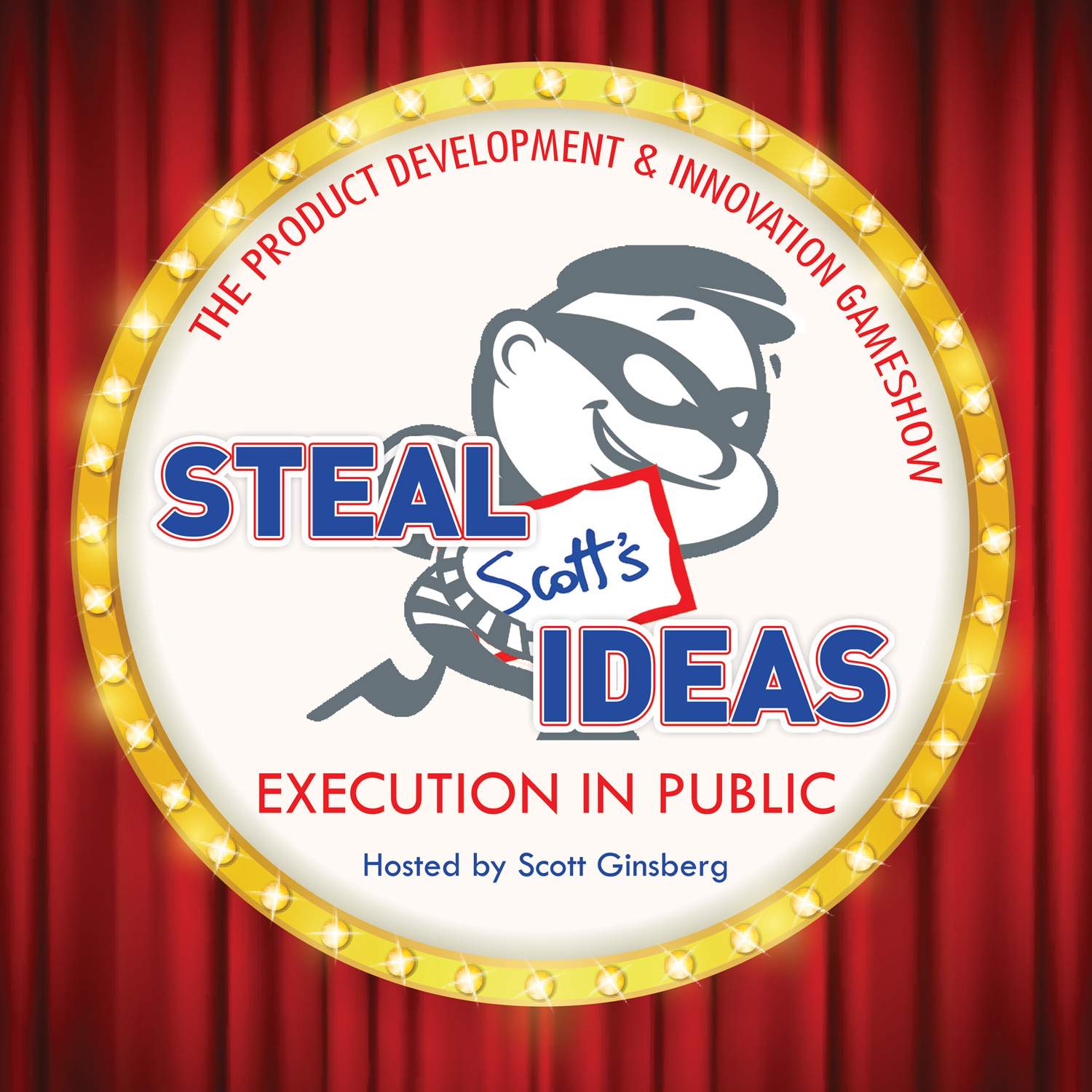 It’s the world’s first, best and only product development and innovation gameshow!
It’s the world’s first, best and only product development and innovation gameshow!
Tune in and subscribe for a little execution in public.
Join our community of innovators, artists and entrepreneurs


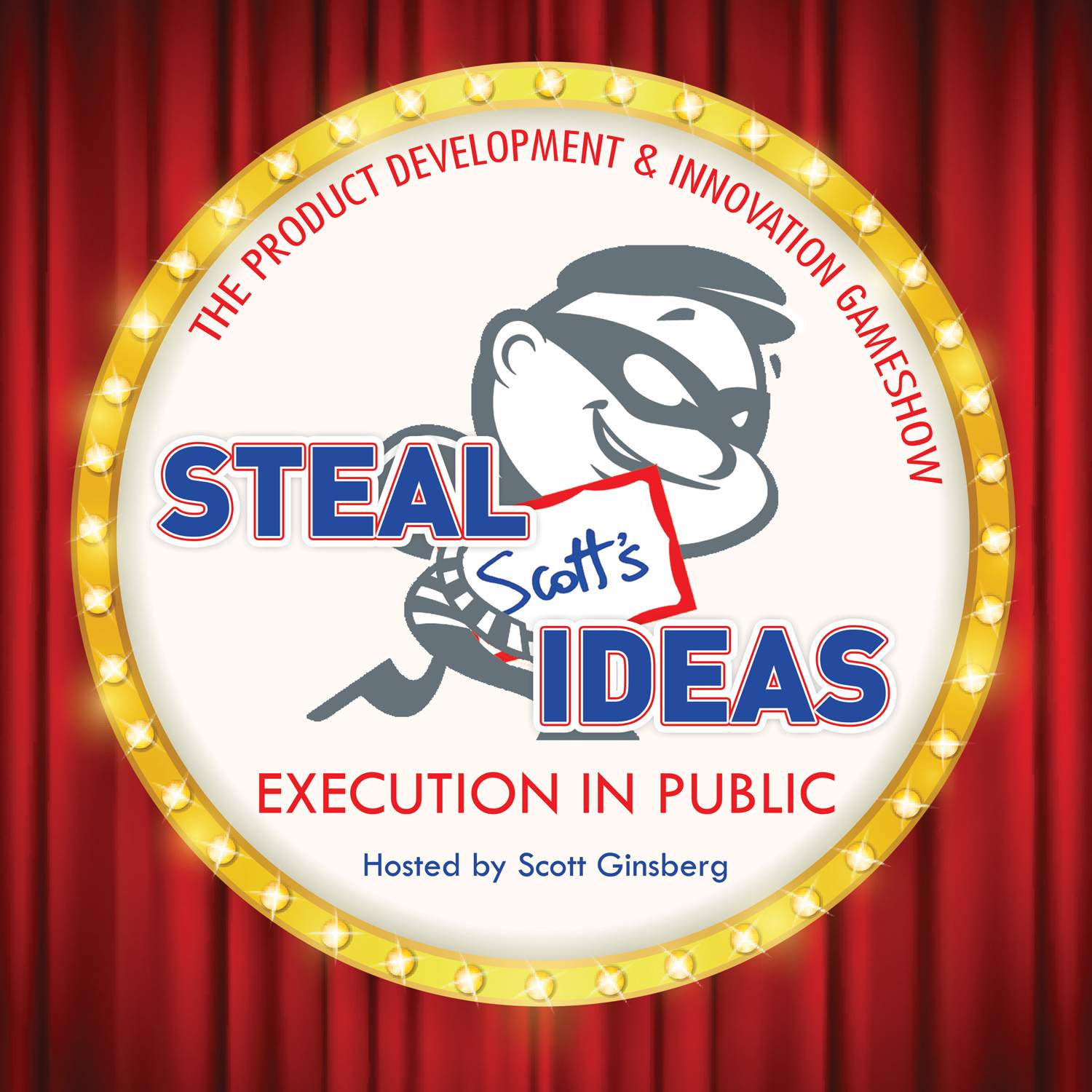 It’s the world’s first, best and only product development and innovation gameshow!
It’s the world’s first, best and only product development and innovation gameshow!
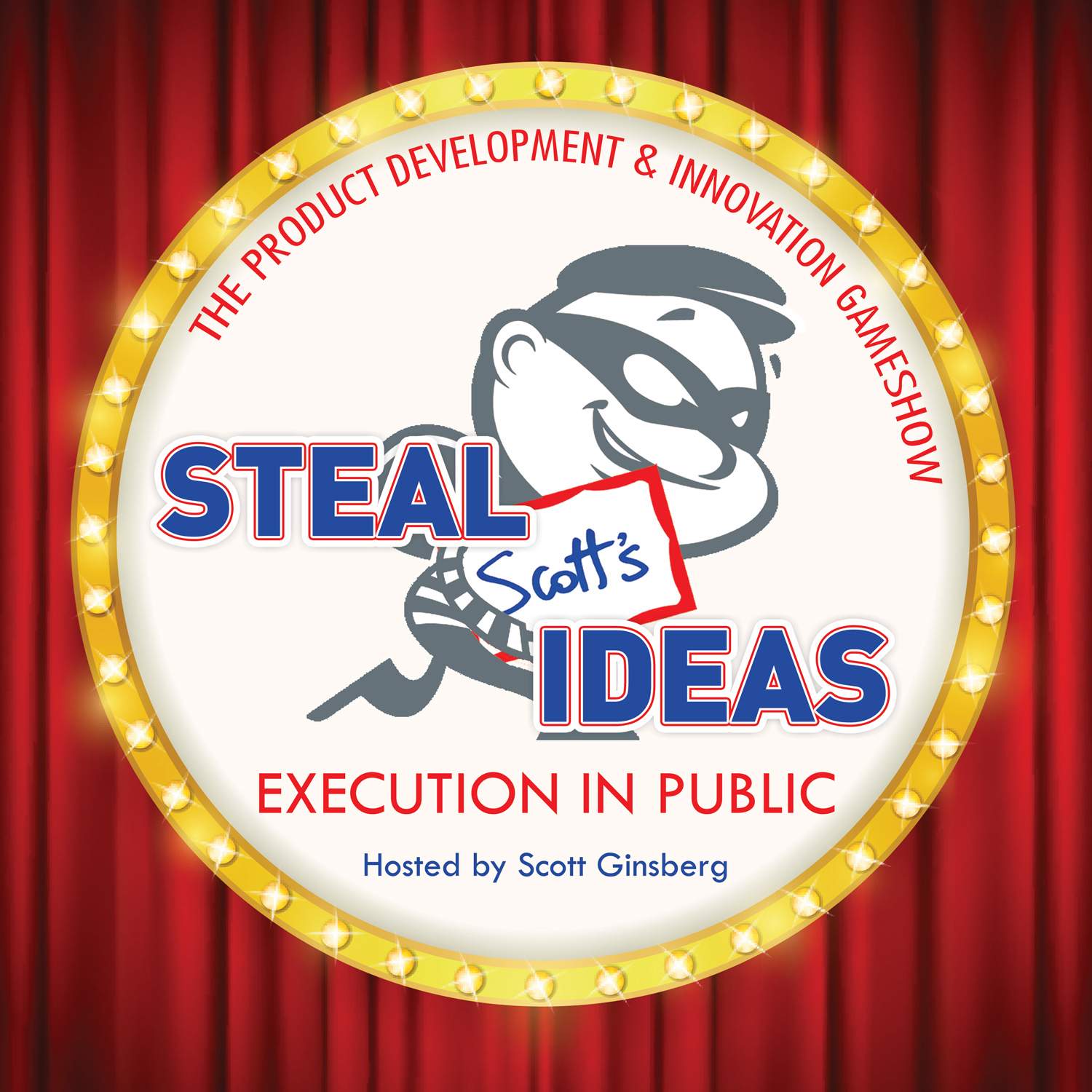 It’s the world’s first, best and only product development and innovation gameshow!
It’s the world’s first, best and only product development and innovation gameshow!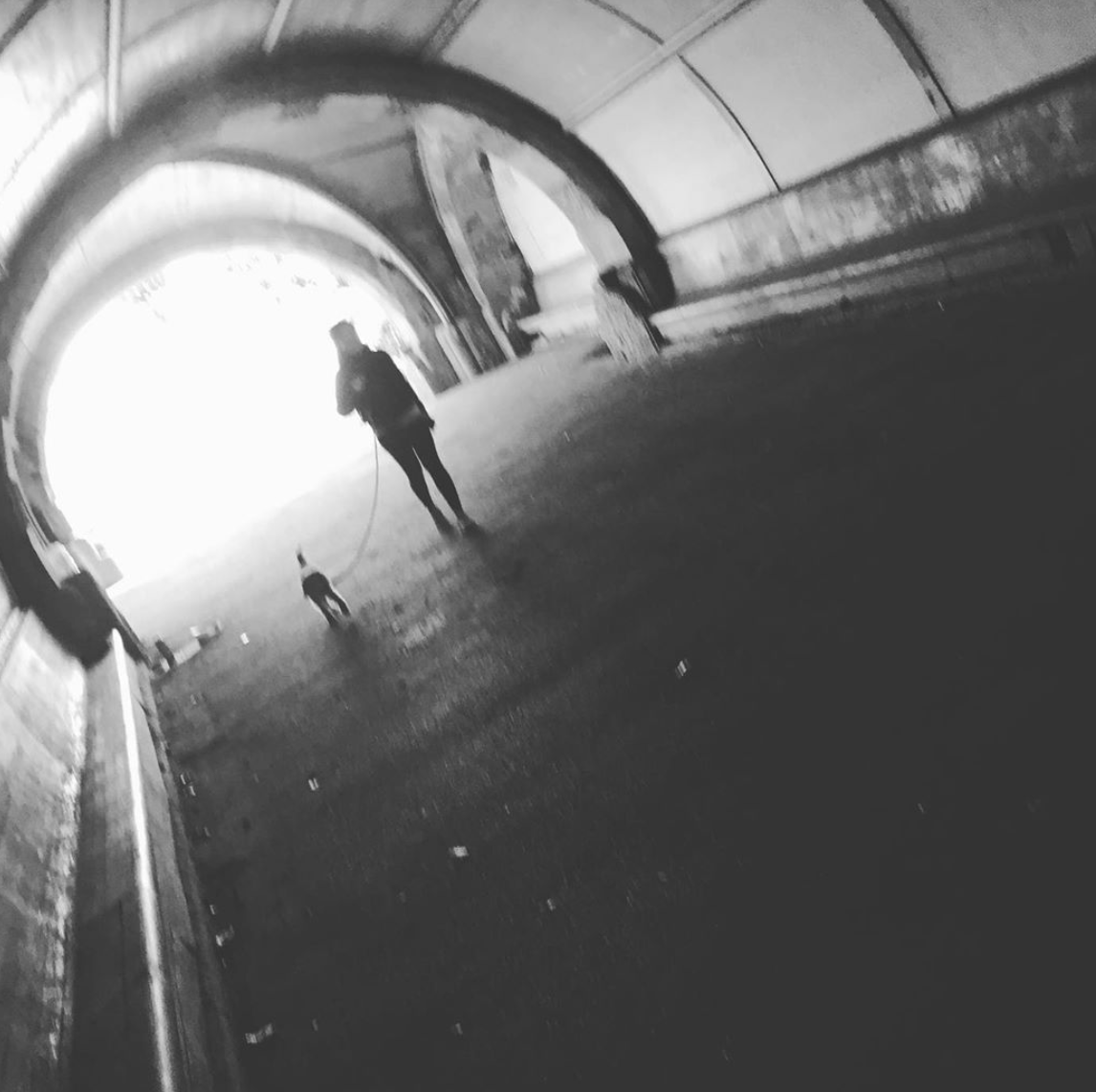
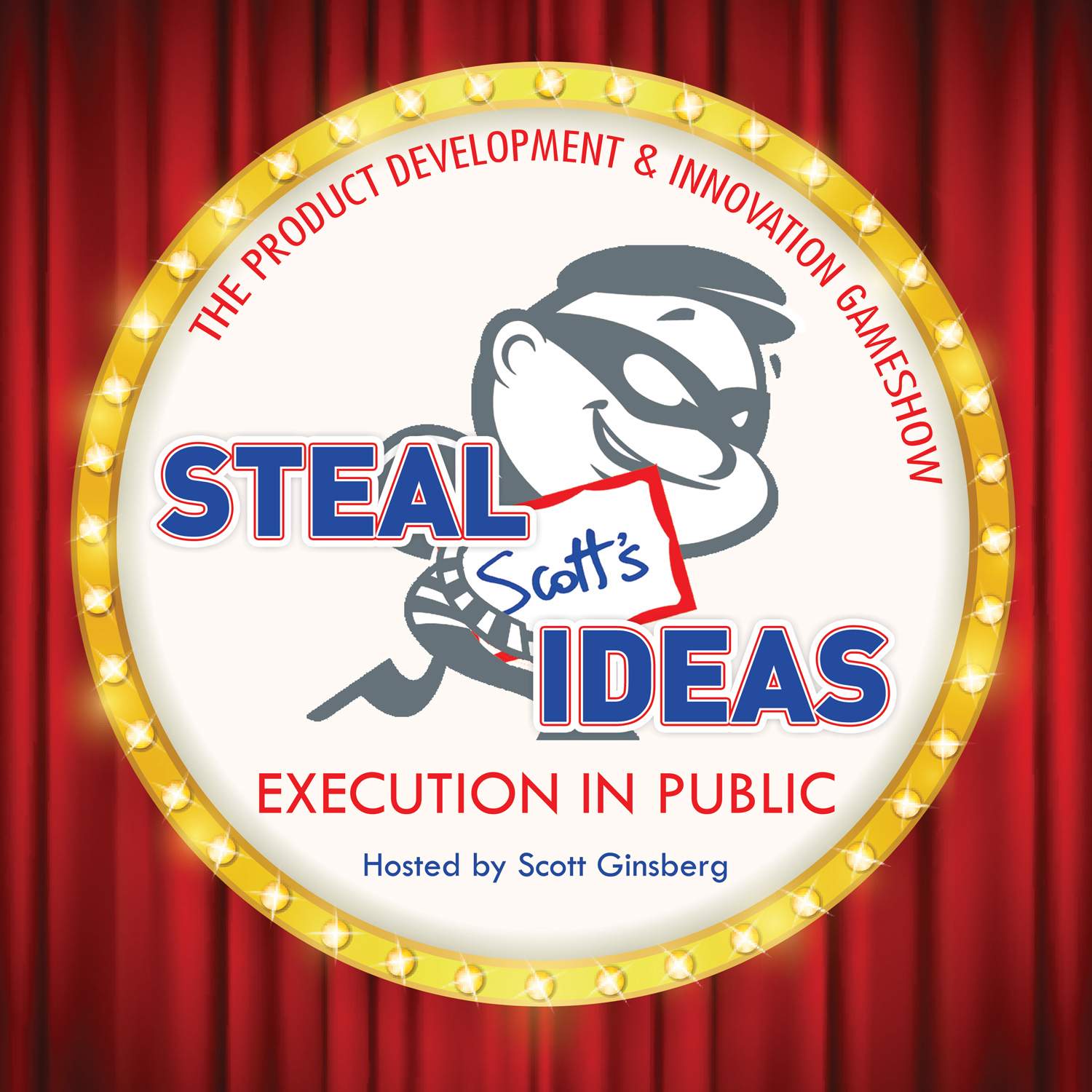 It’s the world’s first, best and only product development and innovation gameshow!
It’s the world’s first, best and only product development and innovation gameshow!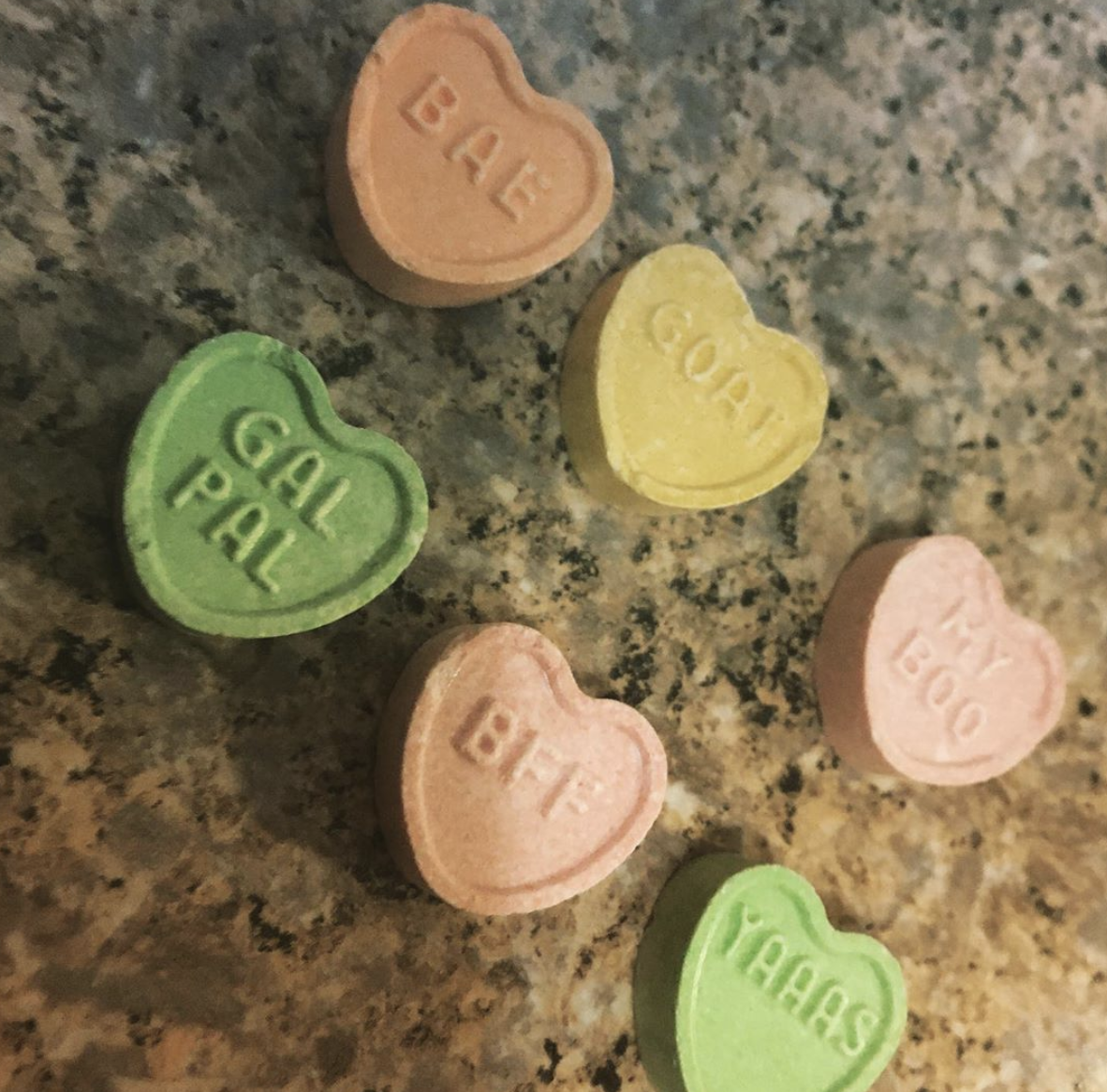
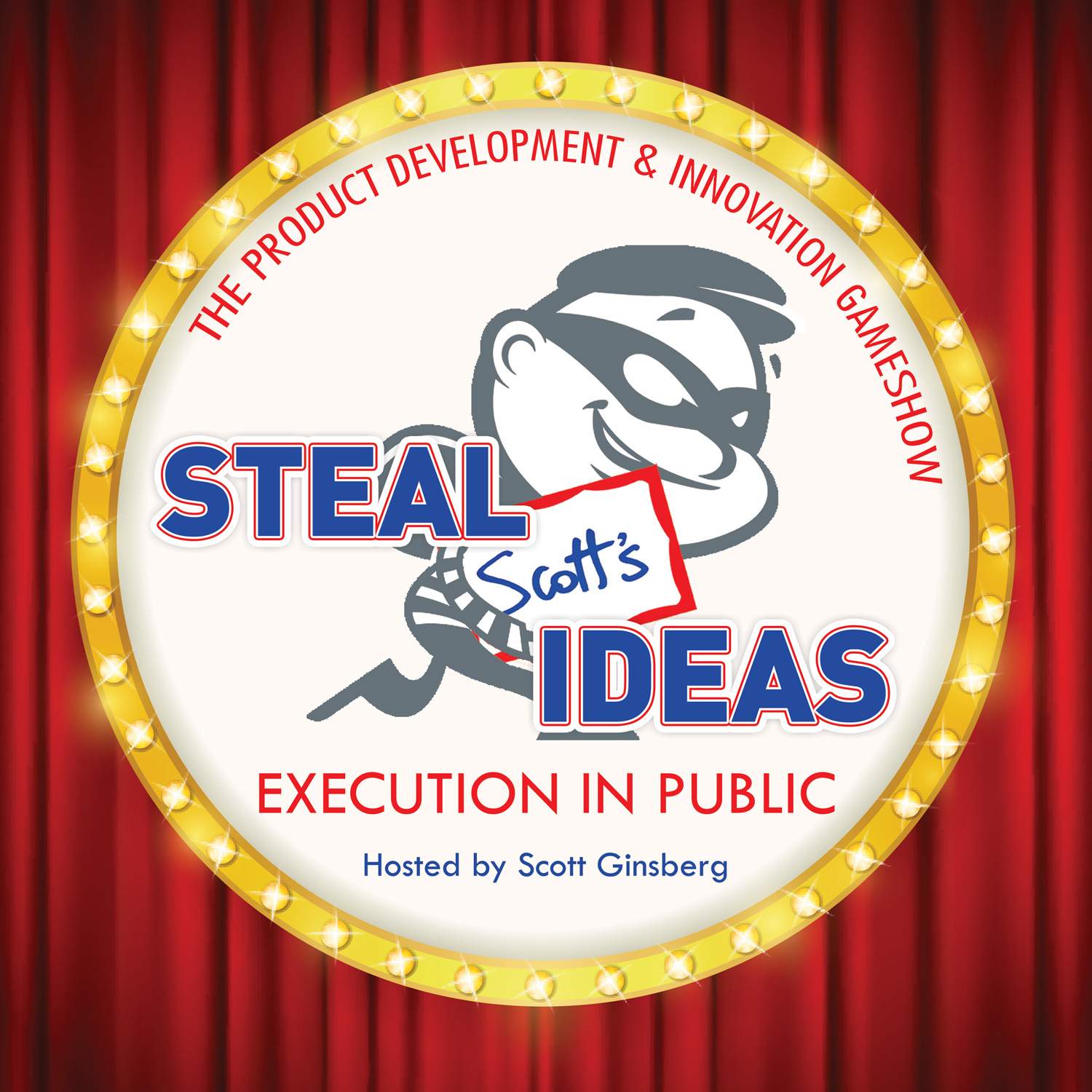 It’s the world’s first, best and only product development and innovation gameshow!
It’s the world’s first, best and only product development and innovation gameshow!
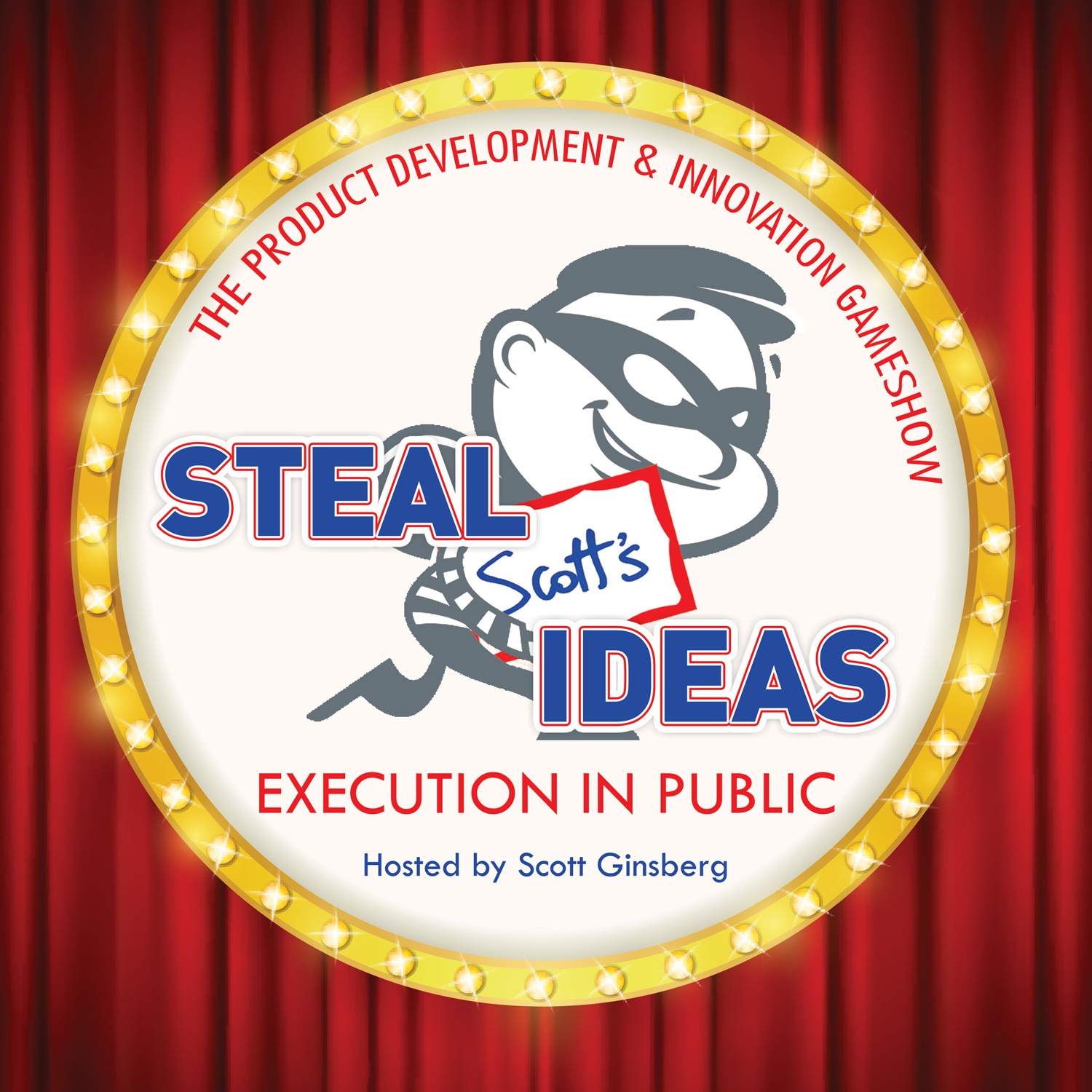 It’s the world’s first, best and only product development and innovation gameshow!
It’s the world’s first, best and only product development and innovation gameshow!
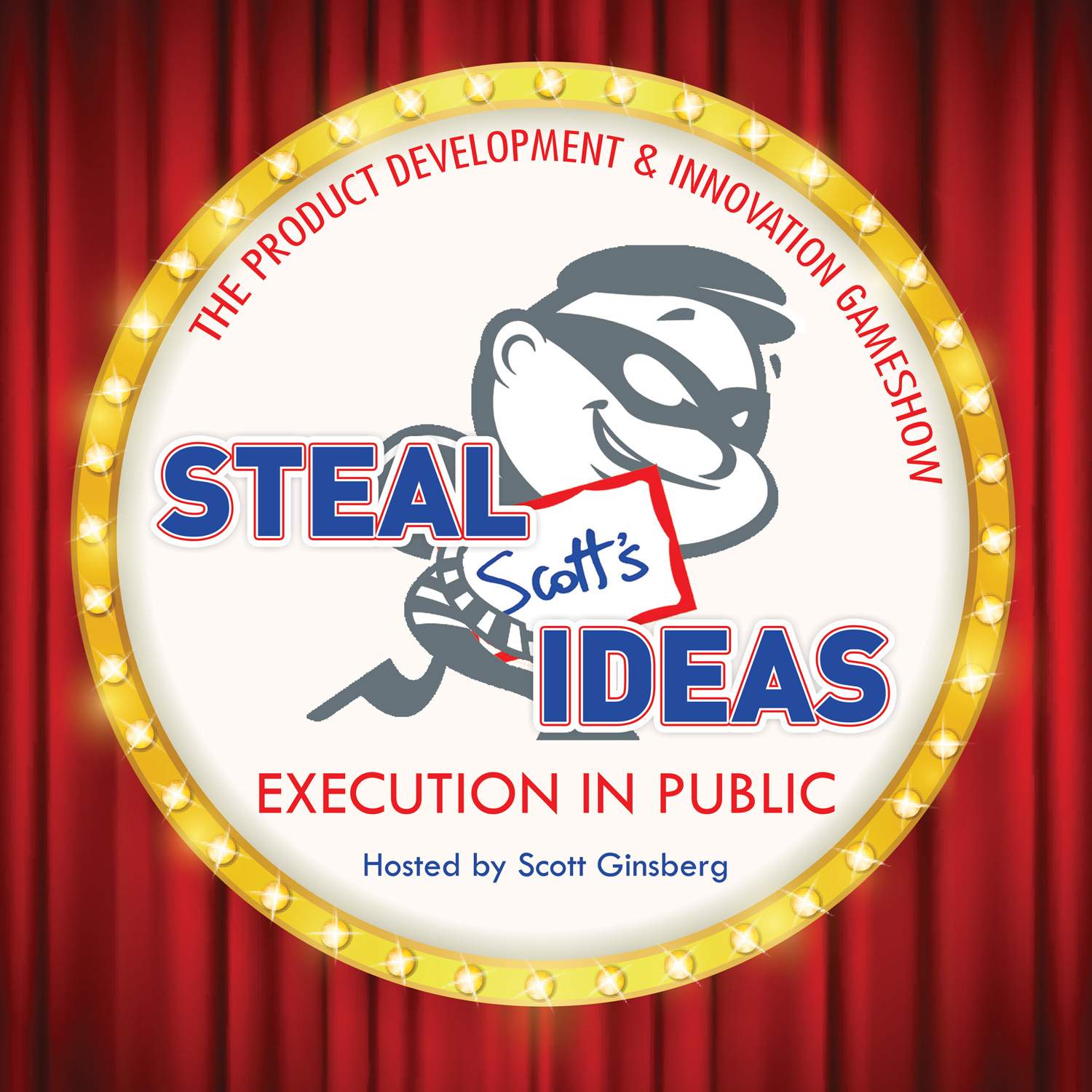 It’s the world’s first, best and only product development and innovation gameshow!
It’s the world’s first, best and only product development and innovation gameshow!